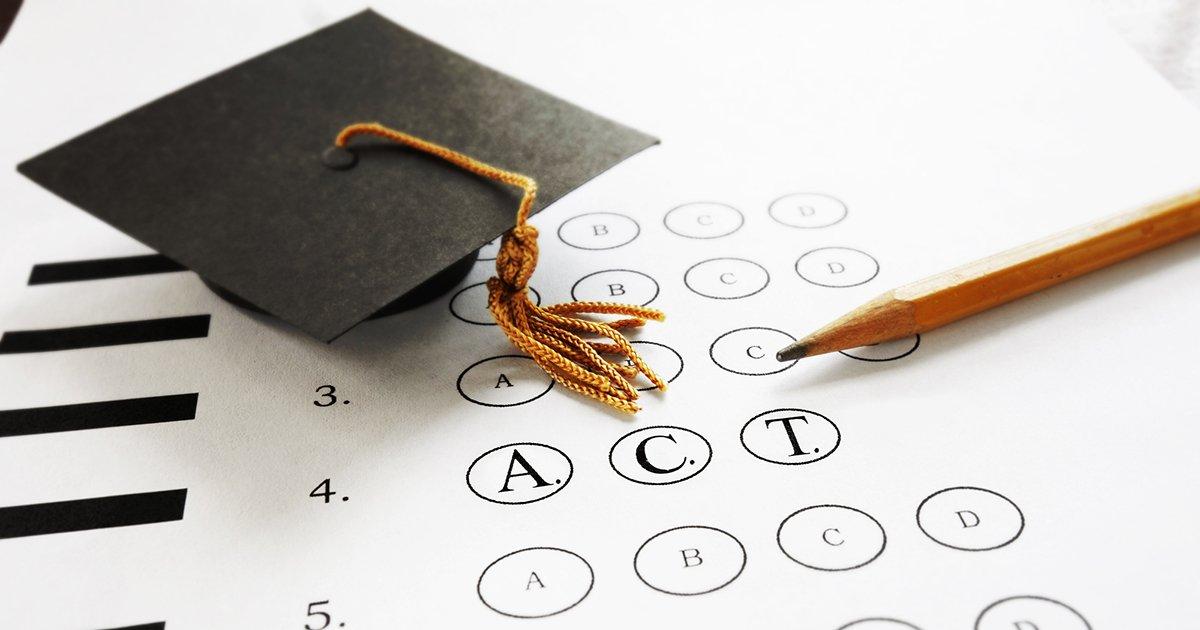In bankruptcy, the general rule is that a person filing bankruptcy must disclose to the court all income from every source. Most income sources are counted towards a test to determine eligibility for the various chapters of bankruptcy called the “Means Test”. The Means Test is a tool used in bankruptcy preparation to determine qualification for chapter 7 bankruptcy based on a filer’s income. However, there are several types of income that do not count towards the Means Test. Prior to the Haven Act, a chapter 7 bankruptcy filer whose income was primarily from Social Security, for example, would almost always qualify for chapter 7 because under the law, Social Security income does not qualify as a source of income that must be counted for Means Test purposes. With the introduction of the Haven Act, signed into law on August 23, 2019, Congress and the President aimed to now exclude most Veterans and Department of Defense benefits in a similar way as Social Security income is excluded from the Means Test.
Before the Haven Act, a chapter 7 bankruptcy filer would be forced to list disability income from the VA as income to be used against them in calculating all income for the benefit of the household. But now, a chapter 7 bankruptcy filer may exclude such income and many other Veterans Administration and Department of Defense benefits such as:
- Disability and death benefits paid by the Veterans Administration;
- Monthly special compensation for catastrophic injuries or illnesses paid to servicemembers;
- Any combat-related special compensation paid by the Department of Defense;
- Disability severance pay paid by the Department of Defense;
- Any payment by the Department of Defense to a survivor in connection with the death of a member of the uniformed services; and
- Disability-related military retired pay paid by the Department of Defense to a retired servicemember, except that such payments are excluded from Means Test calculation only to the extent that they exceed the military retired pay that the servicemember would have received if the servicemember had retired without a disability.
It would be fair to mention that not all VA benefits are excluded from income calculation. Such benefits would include monthly special compensation from the DOD and retirement pay for people on the temporary disability retired list.
From now on, our military heroes who fall into financial despair can file chapter 7 bankruptcy without having to use their VA or DOD benefits as income, which might force those filers into a lengthy chapter 13 bankruptcy plan. However, if the need arises for a person to file chapter 13 bankruptcy, these excluded Veterans and DOD benefits will not need to be counted towards that chapter 13 bankruptcy filer’s projected disposable income. In chapter 13 bankruptcy, a plan is prepared for repayment of debt. In formulating the monthly plan payment, all disposable income is counted as money that would need to be paid through the plan payment to creditors. The Haven Act now excludes the benefits listed above from the calculation of disposable income. This benefit gives relief to veterans filing chapter 13 to save their home from foreclosure or a family car from being repossessed because the veteran could not afford the chapter 13 plan payment as this income is now excluded.
Therefore, if you are a Veteran contemplating filing bankruptcy and need to know whether you qualify for chapter 7 or 13 based on your current household income, you might qualify for chapter 7 today where you might not have qualified before. You should seek out an experienced bankruptcy counselor who can help you determine which chapter of bankruptcy would be right for you. There may be other factors besides income to consider when thinking about bankruptcy.


